Dugin’s Black Mass (Andrey Loshak)
https://www.e-flux.com/notes/4....87550/dugin-s-black-
Dugin’s Black Mass
Andrey Loshak
I see that everyone has been posting [the video] of an old public appearance by [Soviet dissident and Russian liberal politician Valeriya] Novodvorskaya in which she contemptuously labeled [Alexander] Dugin a petty fraudster interested in nothing but money. The consensus is also that Dugin is a windbag who excites only Western political scientists, a few half-witted siloviki, and certain bohemians who’ve snorted their brains out. I think we shouldn’t underestimate the philosopher’s influence, no matter how crazy we find his ideas. Especially because those ideas tend to become reality.
I remember accidentally attending a lecture by Dugin on “angelic entities” in the late nineties. It was an absolutely unbearable exercise in transcendental sophistry, dealing mainly with the image of Lucifer (the Fallen Angel) and featuring extensive quotations from Aleister Crowley. There were about twenty people of indeterminate age and gender in the auditorium. I thought at the time that perhaps they, too, were fallen angelic entities who had come to listen to a lecture about themselves. In the mid-noughties, I ran into Dugin at a Current 93 gig at the Ikra Club. He dearly loved English apocalyptic folk music for its commitment to Nazi Satanism. His daughter Darya apparently did, too. (I recently saw a post about how she did the Nazi salute at a Death in June gig in Moscow.) In an interview, Dugin said of Coil, “Before Eurasianism gained popularity, we wanted to drag Coil to Russia and put them up at our places in order to promote our ideas with their assistance. Unfortunately, the authorities chose Gerard Depardieu, deciding that Coil were too marginal.” The nontraditional sexual orientation of the English musicians didn’t trouble the traditionalist Dugin back then. It was also in the noughties that I visited the summer camp of [Dugin’s] Eurasian Youth Union (ESM). A building at a dilapidated holiday resort near Zvenigorod had been rented for this purpose. There were not many young people in attendance, about thirty or forty. Many were wearing Russian peasant shirts, because Dugin had realized that his Nazi-Satanist strategy had no great future in modern Russia, and so he had declared himself an Old Believer. Before meals, a round-faced bearded man would proclaim in a bass voice, “Angels at the table!” and those present would cross themselves. At night, the young people lined up with lighted torches on the banks of the Moscow River to take “The Oath of a Eurasian.” Back then, Dugin adored the black magic, ceremonies, and rituals with which Crowleyianism abounds. He and [composer and musician Sergey] Kuryokhin had bonded over this stuff, and Dugin had ignited Kuryokhin with fascist ideas (eventually burning him to a crisp). The wording of the oath was pompous and not bereft of poetry. I recall that the word “will” was intoned more often than curses against “Atlanticist” liberals. “Will and mind, will and mind,” the puny lads and lasses repeated in unison after Dugin. It would have smacked of Triumph of the Will were it not for the outward appearance of the young Eurasians, which was far from Aryan perfection. At the time, I couldn’t have imagined, of course, that a goofy postmodern cult would someday become the ideological mainstream, and that by 2022 the entire country would be caught up in this sect.
In 2011, the party youth under the leadership of Dugin staged the occult mystery play Finis Mundi (The End of the World) at the ESM’s summer camp. Darya [Dugina], by the way, played the role of a sacrificial victim who voluntarily self-immolates in order to save Russia. As the girl is burning, a man’s voice proclaims, “Cross yourself with fire, Rus! Burn up in the fire and save your diamond from the black furnace!” The extravaganza’s director described the concept of the production as follows: “We have to bring the end of the world closer. Antonin Artaud said there is only one means of curing the world’s disease—burning the world, which I illustrated in the play’s final scene, in which the burning of the universe takes place.” In the finale, Dugin came on stage and said, “We have lived three days of our life towards death. I don’t think that the scenes you have staged need to be deciphered. The hermeneutics of the world’s end is the task that faces you in the future.”
Frankly, I’m not a great connoisseur of Dugin’s philosophy. It is obvious, though, that Dugin is obsessed with the idea of bringing the world to a purgatory apocalypse, after which the Great Eurasian Empire of the End will be born. And he has quite consistently pursued this goal. When the “conservative turn” dawned, Dugin moved away from occult postmodernism, focusing instead on the topic of “tradition,” for which there was a sudden demand. The Kremlin had been frantically searching for new ideologemes with which to oppose the official enemy, liberalism. Dugin finally turned from a bohemian guru into a sought-after ideologue of the regime. There is one convincing bit of evidence that speaks to this being the case. In 2014, Dugin ends his programmatic article about the ideology of the new Russia as follows: “Russia will either be Russian—that is, Eurasian, that is, the core of the great Russian World—or it will disappear. But then it would be better that everything disappear. There is simply no reason to live in a world without Russia.” Four years later, Putin would repeat this idea almost verbatim in an interview with [TV talk-show host Vladimir] Solovyov on the topic of the nuclear threat: “Why do we need such a world if there is no Russia there?” Dugin had seemingly managed to captivate the dictator with his most terrible idea: hastening the world’s end.
In this context, Darya’s death appears especially ominous. Many people were struck by the young woman’s funeral today. [They were struck] by the behavior of a father who had lost his daughter [but] delivered propaganda tirades in an unnaturally trembling voice and appealed [to Russians] to fight to the bitter end. Moreover, I had the strange feeling that Dugin was directing this spectacle. I doubt that the dim-witted groper [Leonid] Slutsky could have so creatively paraphrased a Nazi slogan. Perhaps I am mistaken, but this looks as if it came from the playbook of the stager of occult mystery plays and black masses, and not that of a crook from the state Duma. If we assume for a second that this is true, it really gets creepy. “We will go to heaven, and they will just drop dead,” Putin said when asked to explain what the phrase “we don’t need a world without Russia” had meant. This is exactly what Dugin calls the “hermeneutics of the world’s end,” only couched in the dialect of the backstreets, which the dictator speaks fluently. It sometimes seems to me that they have already made the “final decision.” They have not only canceled Ukraine. They have canceled the world.
0



 Donovan Sharpe
Donovan Sharpe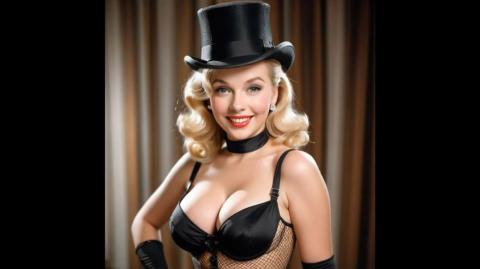
 KEEPER
KEEPER
 Styxhexenhammer666
Styxhexenhammer666
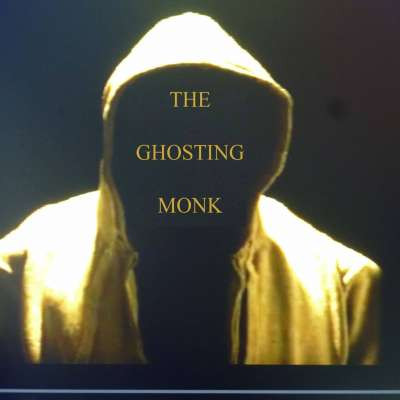 mrghoster
mrghoster
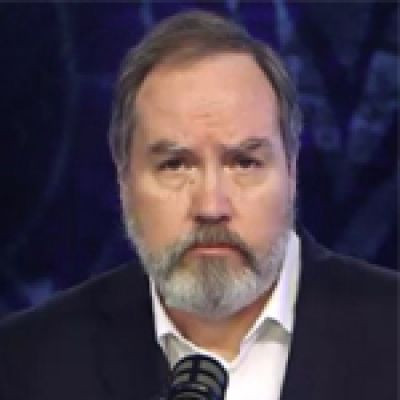 The David Knight Show
The David Knight Show


 Timcast IRL
Timcast IRL
 Nick J Fuentes
Nick J Fuentes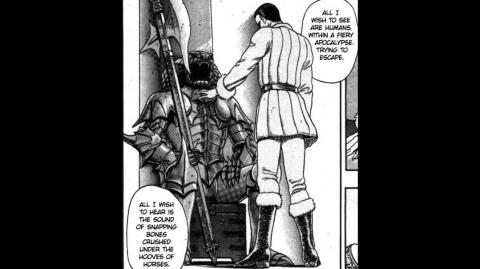
 DIOSUNBALLZ_TALICHAD
DIOSUNBALLZ_TALICHAD

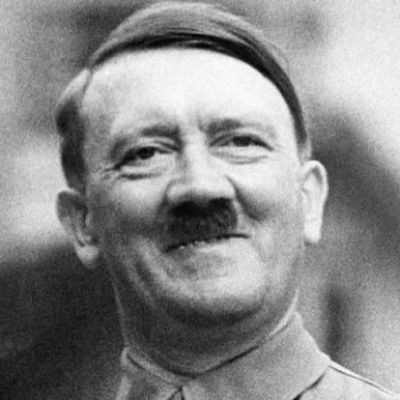 Life_N_Times_of_Shane_T_Hanson
Life_N_Times_of_Shane_T_Hanson
 KnowMoreNews
KnowMoreNews
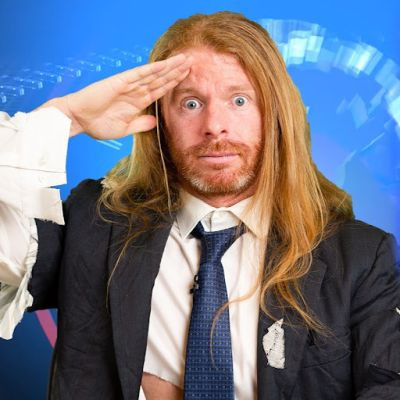 AwakenWithJP
AwakenWithJP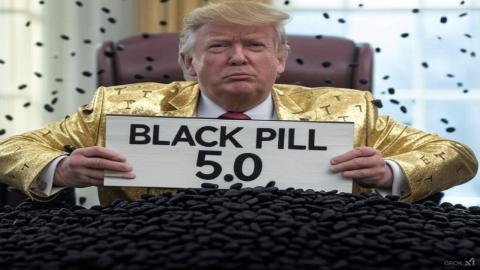
 Hold The Truth Hostage
Hold The Truth Hostage
 TheQuartering
TheQuartering
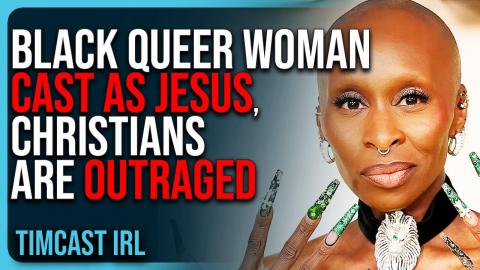

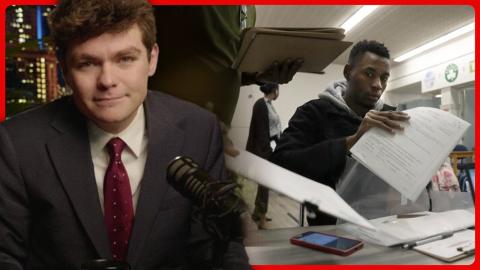
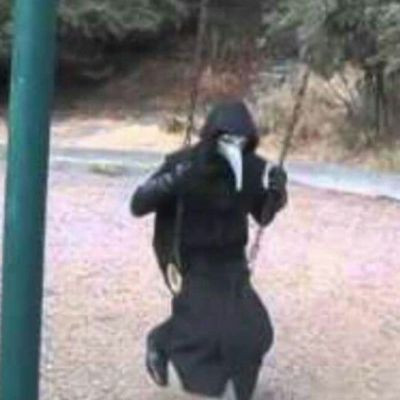

Log in to comment